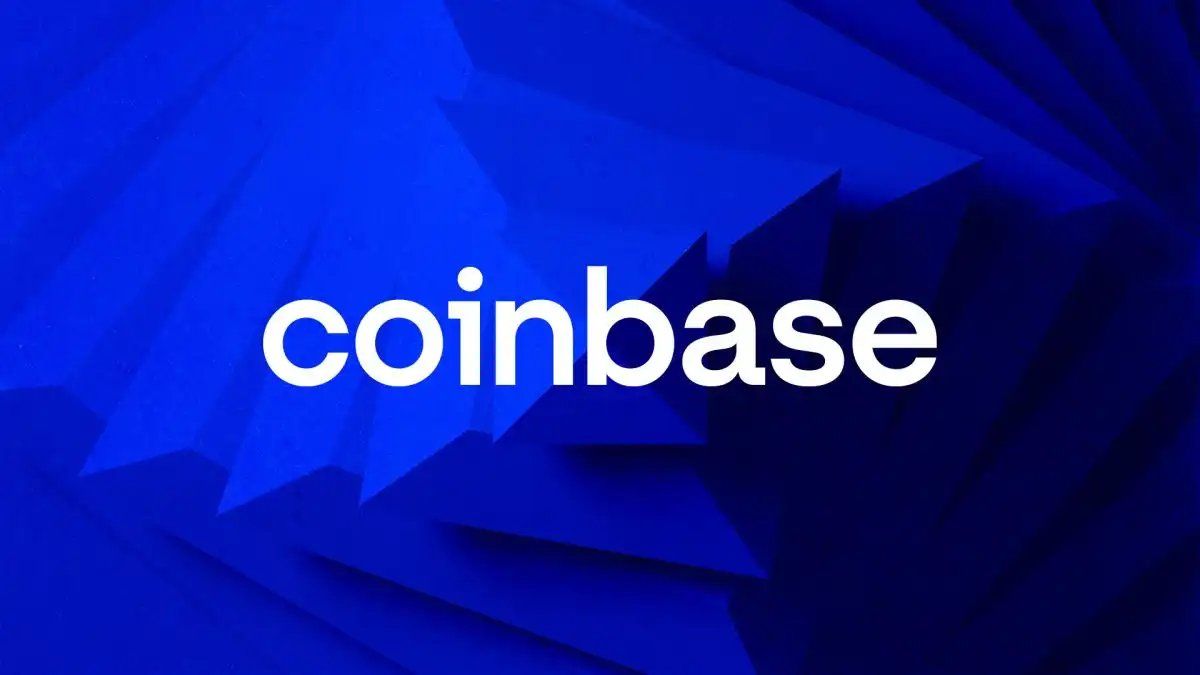Coinbase has launched Payments MCP, a standardized on-chain payment framework, aiming to enable AI agents to use stablecoins to carry out transactions on their own.
By allowing large language models (LLMs) to manage wallet creation, payments, and onramps without the need for developer API keys or user-side scripting, Coinbase places itself at the nexus of crypto infrastructure and AI-powered programmability.
X402 enables Machine-to-Machine Commerce on Coinbase
Payments MCP has its roots in the open-source x402 protocol. It is a modern take on an internet-native payment standard that never fully materialized in past decades. The system lets AI agents such as Claude, Gemini, and Codex create, fund, and use digital wallets for stablecoin payments, all from simple, programmatic commands.
This enables “agentic commerce,” where autonomous software can buy, sell, or pay for resources as part of larger, automated workflows.
The integration targets both established AI models and custom agents, with built-in controls such as spending limits and session-specific funding. Each agent operates from a separate wallet in order to prevent accidental cross-account risk, ensuring that no agent can drain primary funds or rack up unapproved charges.
Coinbase and Cloudflare have collaborated to create the x402 Foundation, ensuring that x402 remains neutral and developer-friendly to promote broader adoption across the web.
MCP’s Privacy Controls, Compliance, and User Experience
Payments MCP includes features that help maintain both privacy and regulatory compliance. Transactions occur locally on-device and enable regulation by user-approved policies, such as approval thresholds for payments above a set amount or explicit spend limits for guest agents.
Developers can access tools to build flexible rule engines that respond to unique business or workflow needs. Importantly, users can set up and fund AI agent wallets using only an email address, bypassing complex developer onboarding or API integrations.
Coinbase’s system also supports onramps and local checkout, making it possible for non-coders to tap into secure, AI-powered payments for digital goods, services, and subscriptions. Compliance remains a core focus, with Coinbase handling regulatory checks where funds enter or exit the system, embedding these requirements seamlessly into the user and developer workflow.
This advance signals a shift towards programmable money at scale, where software, not just humans, can request, authorize, and settle transactions instantly using regulated stablecoins, all on open infrastructure designed to support both consumer and enterprise AI use cases.
READ MORE: Why Did Crypto Crash Today? Will Bitcoin and Altcoins Go Back Up?












